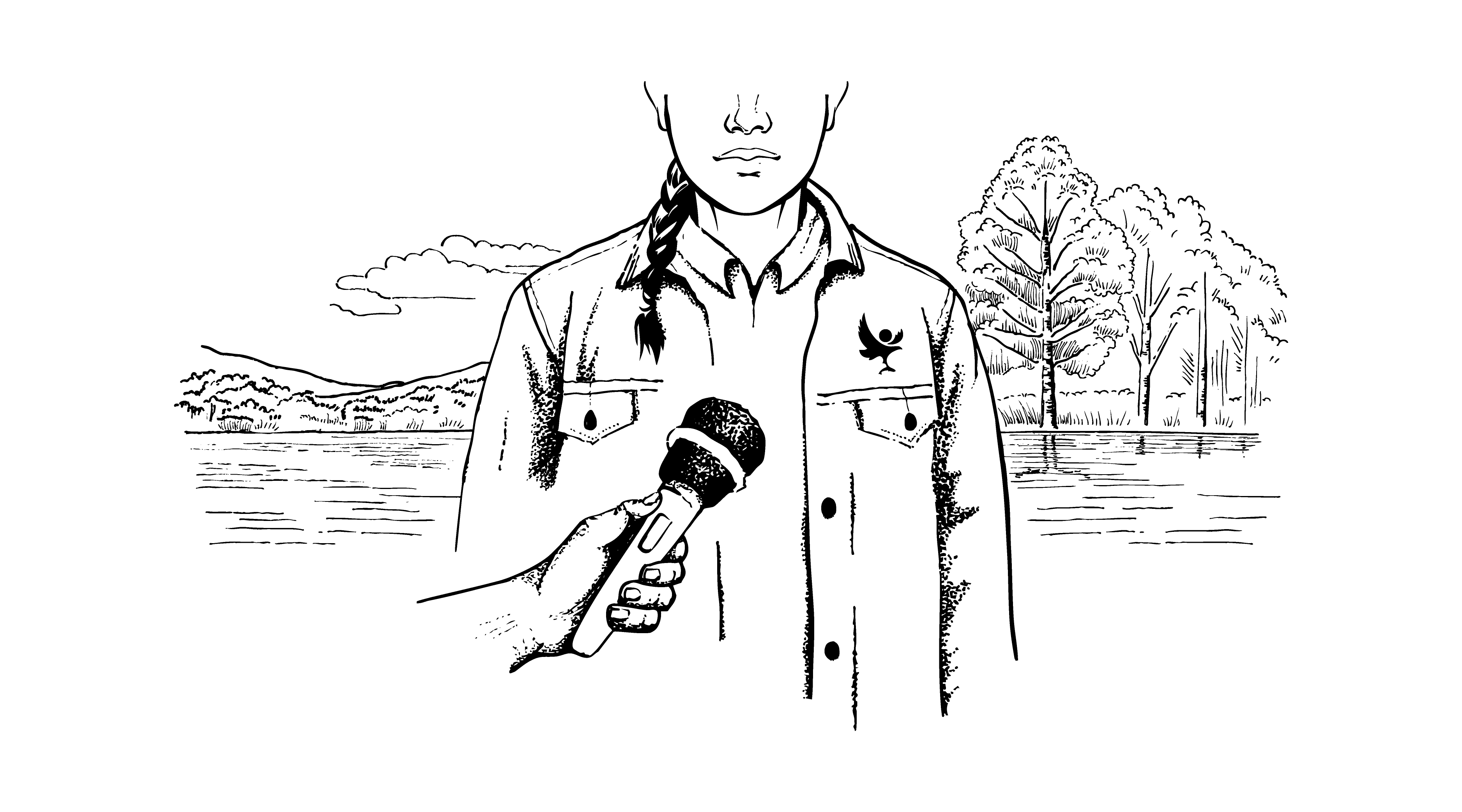Cairngorms National Park Authority protects the public from Ticks and Lyme Disease

Cairngorms National Park Authority protects the public from Ticks and Lyme Disease
A FREE advice course by the Cairngorms National Park Authority on tick control and Lyme disease has proved a hit with the Park’s residents.
‘Ticks – where, when and how many!’ and ‘Human Lyme Disease: Many problems and some answers’ is the latest course under the Cairngorms Awareness and Pride project (CAP) which promotes, teaches and trains people living in the Park about the area and issues that are central to its aims and special qualities.
The course, which takes place this Thursday (May 10th), is fully booked – with 55 participants. And it has attracted Park-wide interest. As well as members of the public, gamekeepers, farmers, health centre staff and outdoor instructors have all signed up.
Ticks and Lyme disease are particular problems in the Park with both the public and the varied wildlife being affected. There is concern that the scale of the problem has increased in recent years, with some claiming the effects of climate change.
The course is intended to educate the public about how to protect themselves against or treat being bitten by a tick or getting Lyme disease.
The tick session is being led by Dr Adam Smith, from the Game Conservancy Trust, and the Lyme disease session will be led by Dr Darrel Ho-Yen, Director of the National Lyme Disease Testing Service.
Kate Christie, the Cairngorms National Park Authority’s Land Based Business Project Manager and CAP project manager, said: “This is a very important course for the Cairngorms.
“Ticks and Lyme disease are a threat both to humans and wildlife. However there are ways of protecting yourself and this is what this course will teach.
“It is encouraging to see so many people take part in this. CAP aims to help residents learn more about their area and it is pleasing that it is delivering that in an area that is important to the public.
“There are more CAP courses throughout the year so we would encourage people to get in touch to find out what else they could benefit from.”
Dr Smith said: “Ticks are a major parasite of both wild animals and, increasingly as the public use the countryside more, also to people and their pets.
“The unpleasantness of being bitten by these parasites can be magnified when they carry diseases that are transferred from wild animals.
“Understanding how ticks behave is the first stage in helping to avoid them and their unpleasant diseases.”
The tick session will cover a number of subjects including why ticks are an issue, how to protect yourself from being bitten by one and how to remove them. The Lyme disease discussion will teach how to identify the disease, its impacts and cures amongst other subjects.
The event is taking place at the Cairngorm Hotel, Aviemore, on Thursday May 10th from 10am-1pm.
Future CAP courses include Habitats of the Cairngorms (June 27th), Landscape History of the Cairngorms (July 4th) and Wildlife Appreciation (November 7th).
For more information on these or to book a place please contact Kate Christie, CAP project manager, on 01479 8535 or email [email protected]
Latest from the National Park
Update on wildfire situation
Convener Sandy Bremner and Chief Executive Grant Moir have given an update on the ongoing wildfire situation.
Statement on wildfires
An update from Grant Moir, Chief Executive of the Cairngorms National Park Authority, on the ongoing wildfires in Moray and Highland.
New Nethy houses get green light
Meeting in Ballater, the Planning Committee approved applications for a development of 35 houses in Nethy Bridge and a floodplain restoration scheme on the River Dee.




